The Importance of Fairtrade In The Food & Beverage Market |
 Print this page Print this page
|
The Importance
of Fairtrade In The
Food & Beverage Market
Fairtrade is a hot topic these days, and for good reason. It’s all about making sure that the farmers and workers who produce our favourite drinks, foods and ingredients get a fair deal. When you see a Fairtrade label, it means that product meets high standards for ethical production.
In this article we’ll take a closer look into why Fairtrade sourcing is so important, especially in the food and drink industry, and how it can benefit both businesses and consumers.
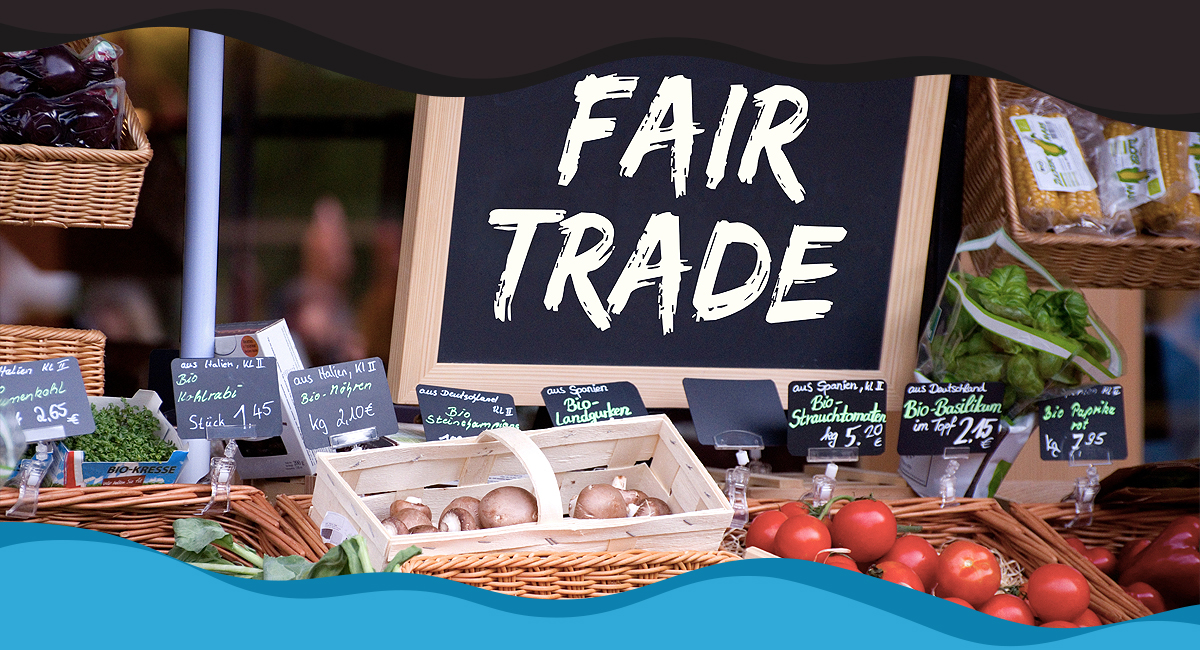
Understanding Fairtrade Certification
Fairtrade certification is a signal that products, such as wholesale coffee beans, meet certain ethical and sustainable standards. It signifies that the goods have been produced and traded fairly, at each stage of the supply chain, providing better deals for farmers and workers while promoting sustainable practices.
Fairtrade Marks & Certification Process
Fairtrade products are identified by the Fairtrade logo which is displayed on their packaging. They’re symbols of trust that indicate a product has been produced and traded according to Fairtrade standards.
These marks are more than just labels; they represent a commitment to ethical practices. The certification process for Fairtrade involves several steps, including rigorous audits and adherence to social, economic, and environmental criteria.
Criteria for Fairtrade Labelling
To be labelled as Fairtrade, a product must meet specific standards set by Fairtrade International. These standards ensure that farmers and workers receive fair wages, work in safe conditions, and engage in environmentally sustainable practices.
This helps to support community development by requiring that a portion of the Fairtrade Premium - extra money paid on top of the selling price by importers or wholesalers - be invested in social, economic, and environmental projects.
Role of Governing Bodies
Governing bodies, such as Fairtrade International and national Fairtrade organisations, play a crucial role in the certification process. They conduct inspections and audits to verify compliance with Fairtrade standards and ensure that the benefits of Fairtrade reach the intended communities.
These organisations also provide support and training to producers to help them meet and maintain these standards, ensuring that the Fairtrade system remains robust and credible.
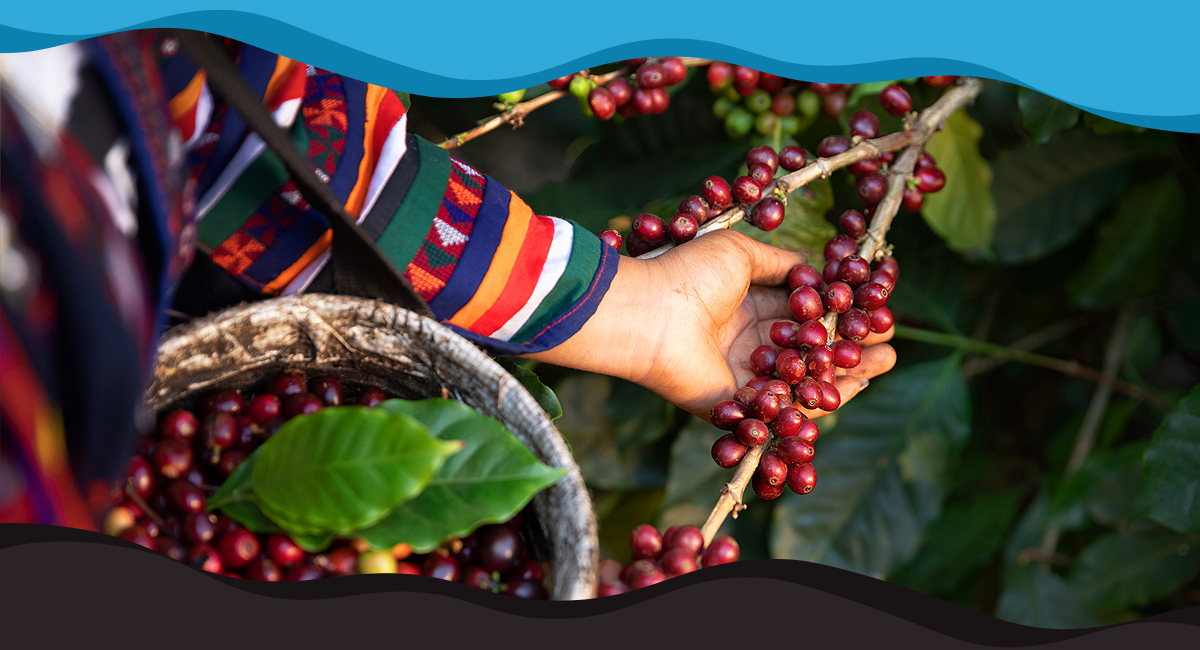
The Ethical Foundations of Fairtrade
Rooted in strong ethical principles, Fairtrade is all about ensuring fairness and justice in global trade. It aims to make sure that producers in developing countries get a fair deal, which helps reduce poverty and support sustainable development. The principles of Fairtrade are centred on fairness, transparency, and sustainability.
Core Principles
At its heart, Fairtrade focuses on ensuring producers in developing countries receive a fair price for their goods. This principle helps alleviate poverty and supports sustainable development.
Fairtrade also prioritises transparency, equity, and sustainability in all its practices, aiming to create a more balanced and just economic system.
Supporting Sustainable Development
Fairtrade supports sustainable development by encouraging environmentally friendly practices and responsible use of resources. This includes promoting organic farming, reducing carbon footprints, and protecting biodiversity. These efforts help combat environmental degradation and ensure long-term sustainability in the food and drink industry.
Combating Exploitation
A key goal of Fairtrade is to combat exploitation in the supply chain. Fairtrade ensures that workers are treated with dignity and respect, providing safe working conditions and fair wages. This approach helps eliminate child labour and forced labour, which are still prevalent in many parts of the world.
A Positive Impact on Farmers and Communities
The impact of Fairtrade on farmers and communities is significant. Fairtrade guarantees a minimum price for products, helping to stabilise farmers' incomes and protect them from market volatility. On top of this, the Fairtrade Premium allows communities to invest in essential projects like building schools, improving healthcare facilities, and developing infrastructure.
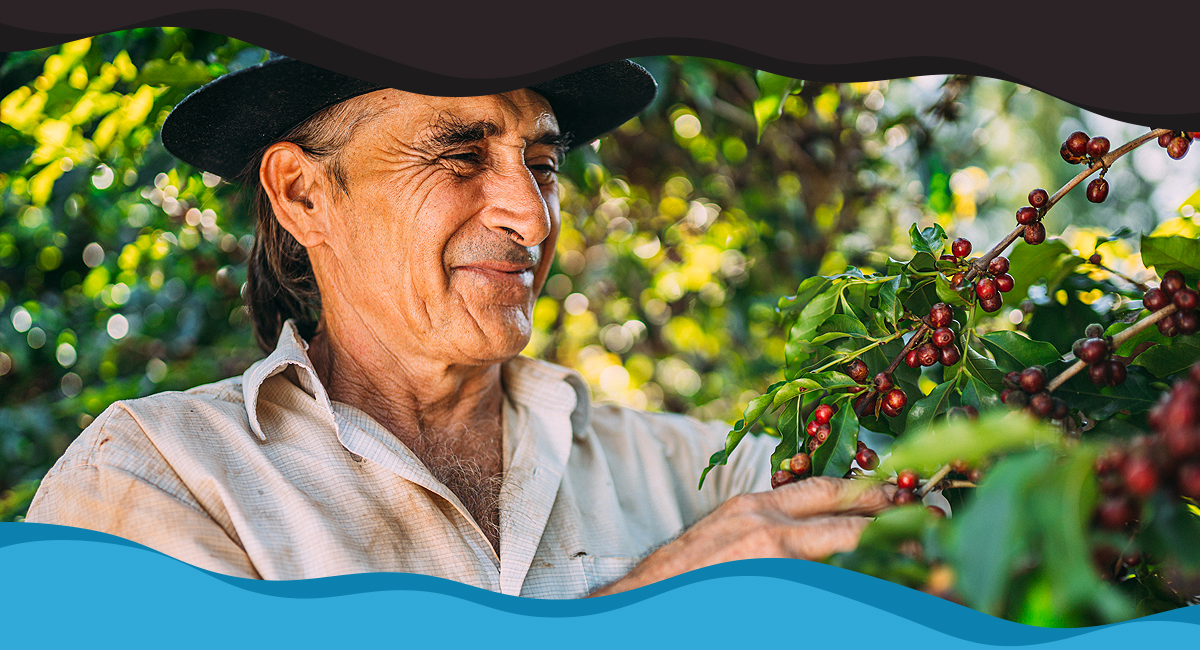
Fairtrade Products in the Market
Fairtrade products have gained significant traction in the market since the initiative was introduced in the early 1990s, reflecting a growing consumer preference for ethically sourced goods. There are now a wide range of fairtrade certified products available in the UK, which are all sourced from producers who receive fair compensation and work under ethical conditions.
Common Fairtrade items include; coffee, cocoa, sugar, tea, bananas and honey.
Consumer Demand For Fairtrade Certified Goods
The demand for ethical products is on the rise, with consumers becoming more conscious of the origins of their food and drink. Approximately 65% of UK consumers say they choose Fairtrade products, reflecting a strong commitment to supporting fair trade practices.
This consumer sentiment is reflected in market statistics, which have shown a notable increase in the demand for Fairtrade products over the last few years. In the UK, sales of Fairtrade products saw a 14% increase in 2020, driven by heightened consumer awareness and commitment to sustainability.
This growth is evident across various categories, with significant increases in the sales of Fairtrade cocoa and bananas. For example, following increased banana commitments in 2022, the supermarket Sainsbury’s reported that its customers purchased over 7.7 million bunches of Fairtrade bananas in just one month.
These trends indicate a significant shift towards responsible consumption, with more Fairtrade products becoming available to meet consumer demand.
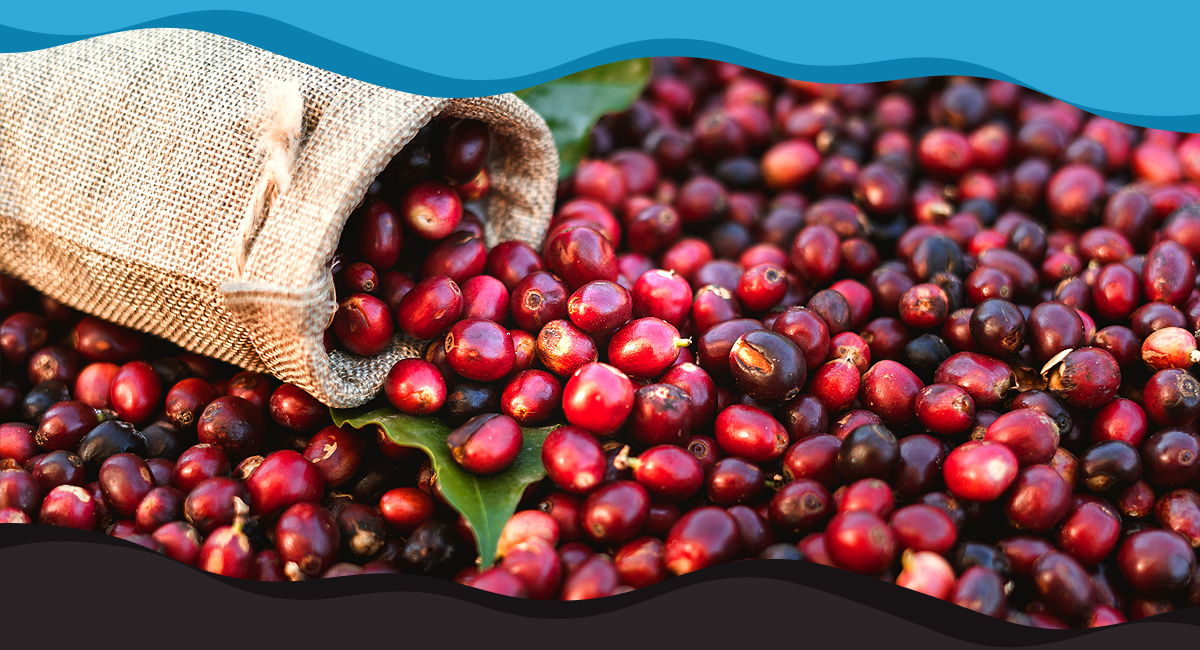
A Focus on Fairtrade Coffee
Fairtrade coffee beans are one of the most well-known Fairtrade products. The coffee sector was one of the first to see Fairtrade principles introduced, and certified products have played a crucial role in promoting ethical and sustainable practices in the worldwide coffee industry.
Where Is Fairtrade Coffee Produced?
Fairtrade coffee is sourced from various regions around the world, including Latin America, Africa, and Asia. Some of the key countries producing Fairtrade coffee are:
Colombia
Known for its rich, smooth and full-bodied taste, Fairtrade Colombian coffee often has a balanced flavour with a combination of nutty, chocolatey, and fruity notes.
Ethiopia
Ethiopian Fairtrade coffee is famous for its distinct, vibrant and aromatic flavours. It often features bright acidity and complex fruity and floral notes.
Peru
Peruvian Fairtrade coffee is noted for its bright acidity and mild flavour profile. It typically has a medium body with subtle nutty, chocolatey, and fruity notes.
Brazil
As one of the largest coffee producers globally, Brazilian Fairtrade coffee is known for its smooth, chocolatey flavour, low acidity and heavy body that’s ideal for espresso blends.
Honduras
Renowned for high-quality Arabica beans, Honduran Fairtrade coffee features a medium to full body with a balanced flavour profile and often has sweet, fruity, and nutty notes.
Nicaragua
Nicaraguan Fairtrade coffee is characterised by its clean and balanced flavour profile. It typically has a medium body with bright acidity and notes of chocolate, nuts, and fruit.
Tanzania
Fairtrade Tanzanian coffee, particularly from the Kilimanjaro region, is known for its bright acidity and vibrant flavours with notes of berries and citrus, and a wine-like finish.
Uganda
Ugandan Fairtrade coffee is known for its robust and earthy flavours. It often has a full and bold body with a hint of chocolate or spice notes.
Fairtrade in the Coffee Production Process
Fairtrade plays an essential role in the coffee supply chain, from cultivation to market. Here's how:
-
Fair Prices: Fairtrade guarantees that coffee farmers receive a minimum price for their beans, which protects them from market volatility. This minimum price ensures that farmers can cover their production costs and earn a sustainable income.
-
Fairtrade Premium: Coffee growers receive a Fairtrade Premium, which means extra money can be invested in community projects such as building schools, improving healthcare facilities, and developing infrastructure.
-
Sustainable Practices: Fairtrade encourages sustainable farming practices including organic growing, reducing the use of harmful chemicals, and supporting biodiversity which help preserve the environment and ensure the long-term viability of coffee farming.
-
Worker Rights: Fairtrade standards require that workers on coffee farms are treated fairly, with safe working conditions and fair wages, helping to eliminate exploitative practices such as child labour and forced labour.
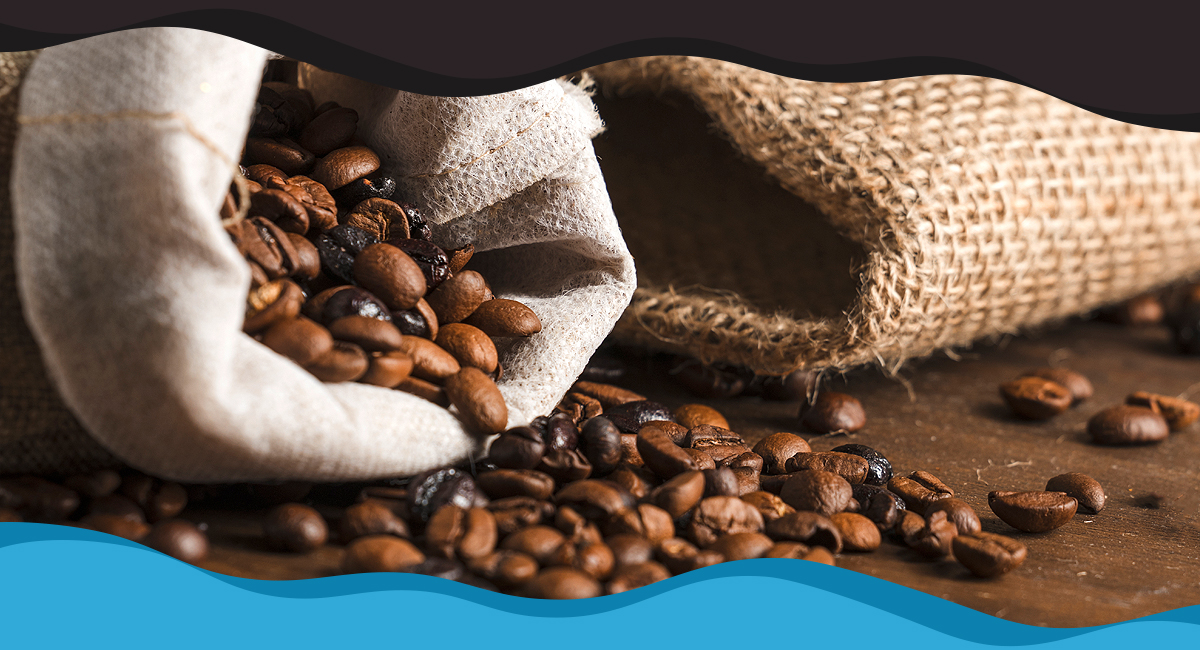
Fairtrade & Business Reputation
Incorporating Fairtrade products into a business's offerings, such as a coffee shop or cafe menu, can significantly boost its brand image by demonstrating a commitment to ethical sourcing and social responsibility. This approach builds trust and loyalty among consumers who are increasingly aware of the ethical implications of their purchases.
Consumer perception of Fairtrade is highly positive and influences purchasing decisions. A majority of UK consumers are keen to choose Fairtrade products, and many are willing to pay more for them? according to Fairtrade research. This means that offering drinks or food made from Fairtrade certified ingredients can be a great way to help align your menu with customer preferences. This preference for ethically sourced products underscores the value consumers place on social and environmental responsibility.
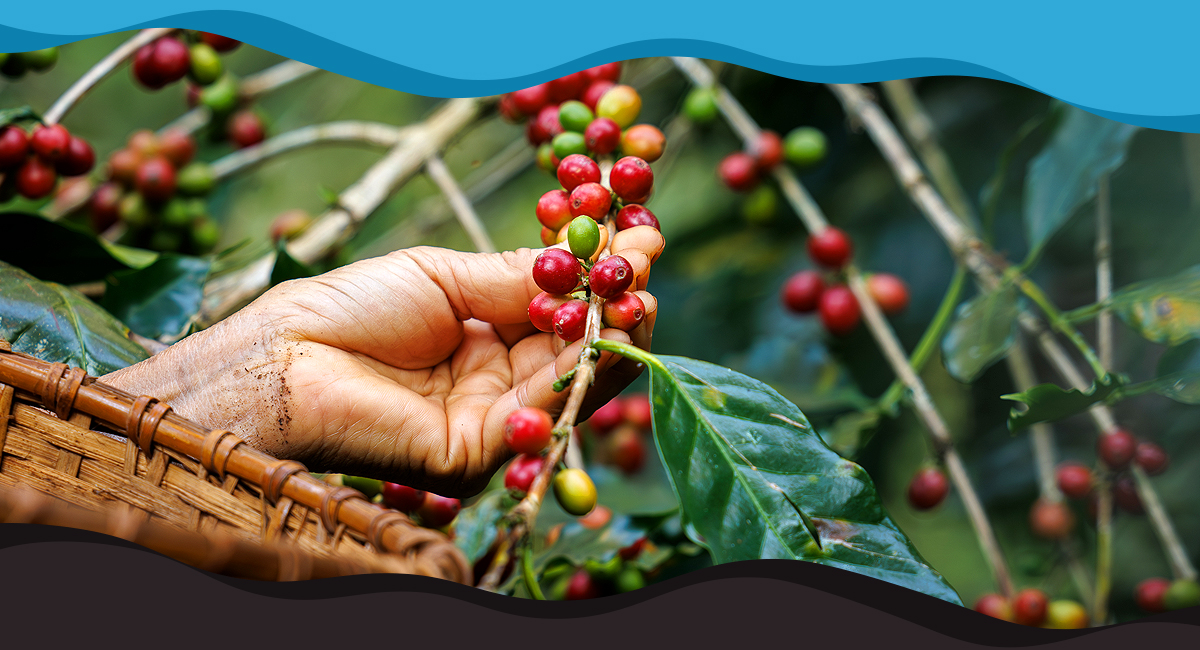
Challenges & Considerations in Fairtrade Sourcing
While the benefits of Fairtrade sourcing are clear, businesses may encounter challenges when trying to integrate these products into their supply chain.
Sourcing Fairtrade Products
One of the primary issues is the availability of Fairtrade products. Not all suppliers offer Fairtrade options, which can limit the range of products a business can source ethically.
Cost Implications
In some sectors, the cost of sourcing Fairtrade products can be higher than conventional alternatives. Fairtrade standards ensure that farmers and workers receive fair wages and that communities benefit from Fairtrade premiums. This can lead to higher prices for businesses purchasing these products, however data suggests that consumers are also happy to pay more when items are Fairtrade certified.
Supply Chain Considerations
Ensuring that all parts of the supply chain adhere to Fairtrade standards requires rigorous oversight and frequent audits. This can be time-consuming and costly, particularly for smaller businesses with limited resources. It’s important to ensure that Fairtrade products are produced by authorised Fairtrade licence holders, such as the range of coffees available from PureGusto.
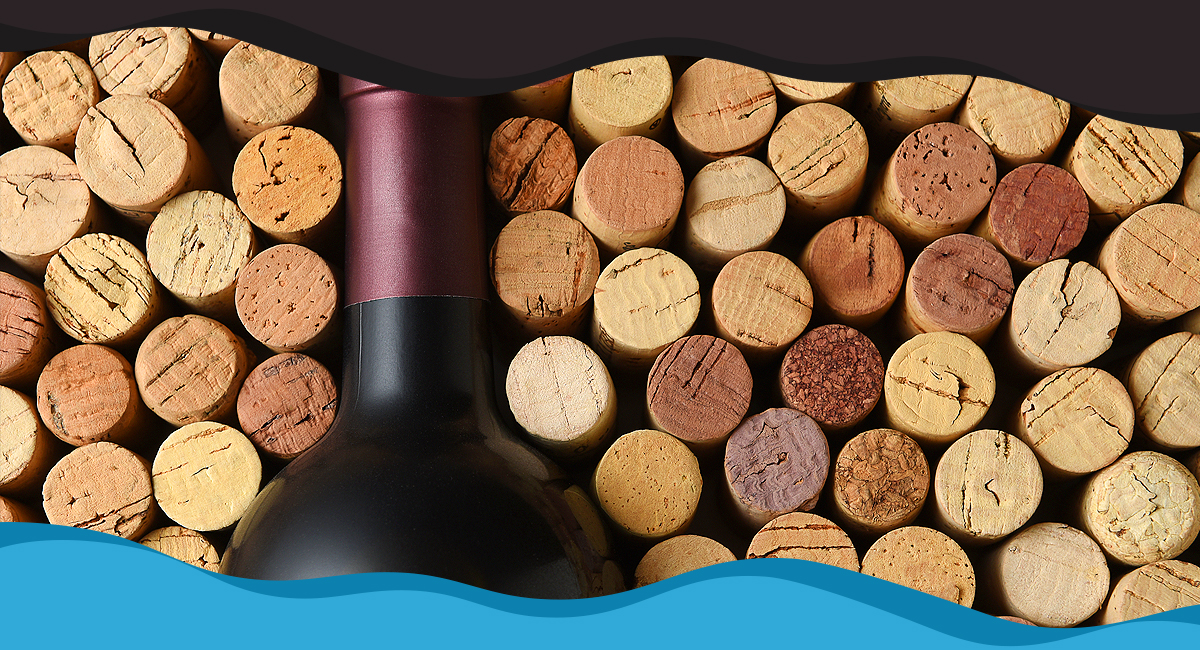
The Future of Fairtrade
The future of Fairtrade in the food and drink industry looks bright, with several promising trends on the horizon. As more people become aware of the importance of ethical sourcing, the demand for Fairtrade products continues to grow.
We’re now seeing a broader range of Fairtrade items available than ever before, including not just coffee, cocoa, and bananas, but also wine, flowers, and beauty products. The increase in the range of Fairtrade certified products is a trend that looks set to continue over the coming years.
Technology is playing a big role in this growth. Tools like blockchain help ensure Fairtrade products are tracked and verified from farm to shelf. This makes it easier for businesses to maintain high standards, and for consumers to trust what they’re buying. New farming techniques and climate-resilient crops are also helping Fairtrade farmers cope with environmental changes, ensuring a steady supply of products??.
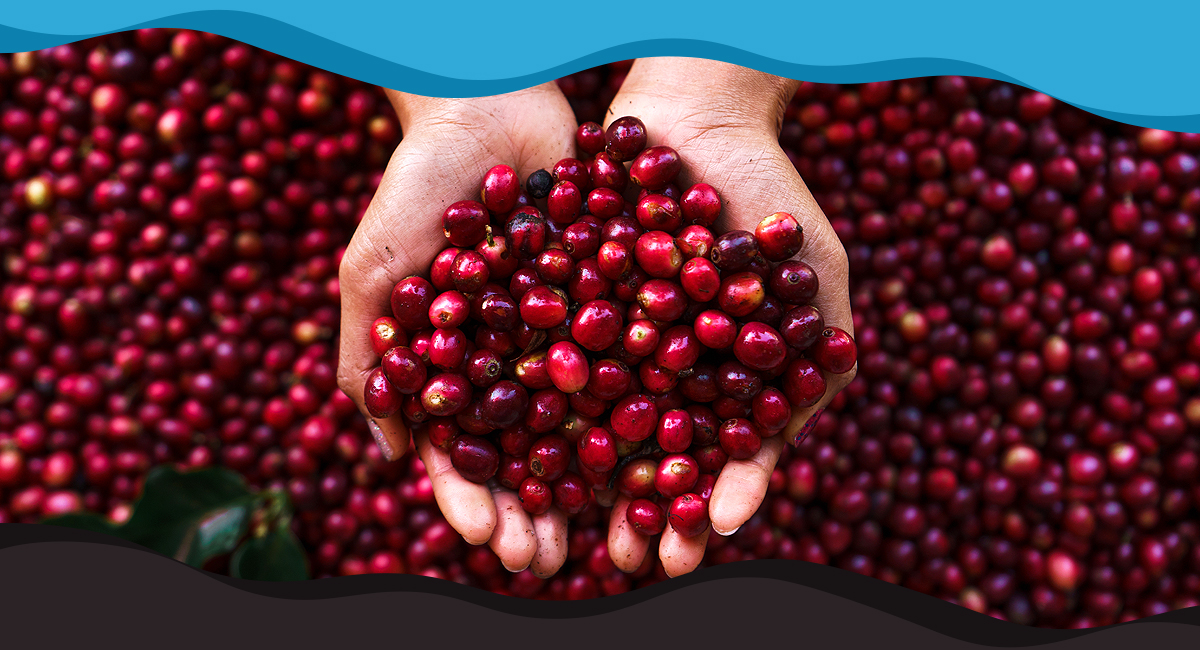
Discover Ethically Sourced Coffee Supplies For Your Business
Fairtrade sourcing is a valuable way to improve ethical and sustainable practices in the food and drink industry. As demand for ethical products grows, incorporating Fairtrade items can significantly benefit both businesses and consumers.
Here at PureGusto we stock a range of the highest quality Fairtrade coffees from around the world. Expertly selected and convection roasted for superior taste, these exclusive coffees have been carefully produced to offer the perfect blend of ethical sourcing, premium quality and superb value.
We also supply an extensive range of Fairtrade teas and other items including hot chocolate, sugar and biscuits so that you’re able to provide a full menu of options to conscious customers.